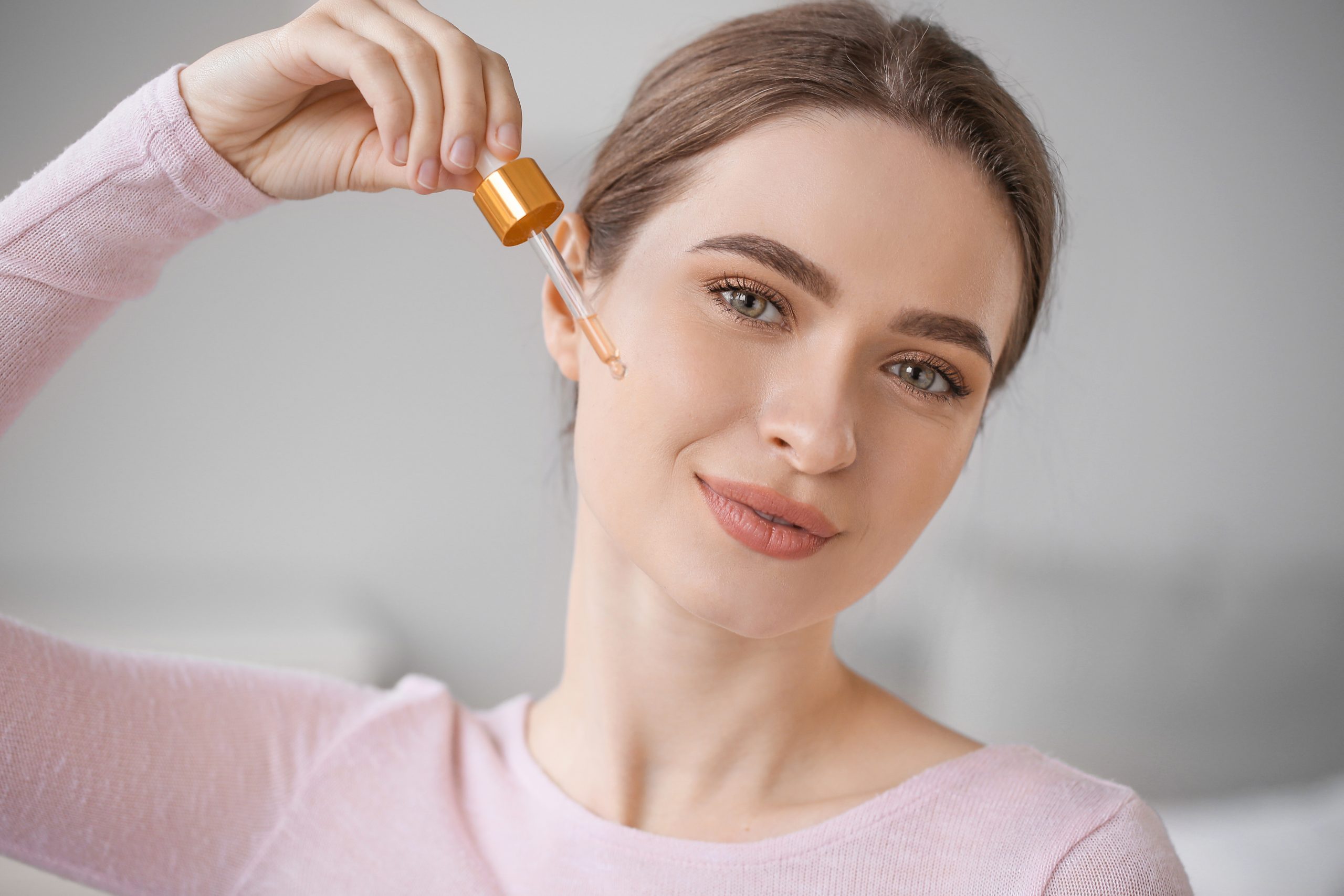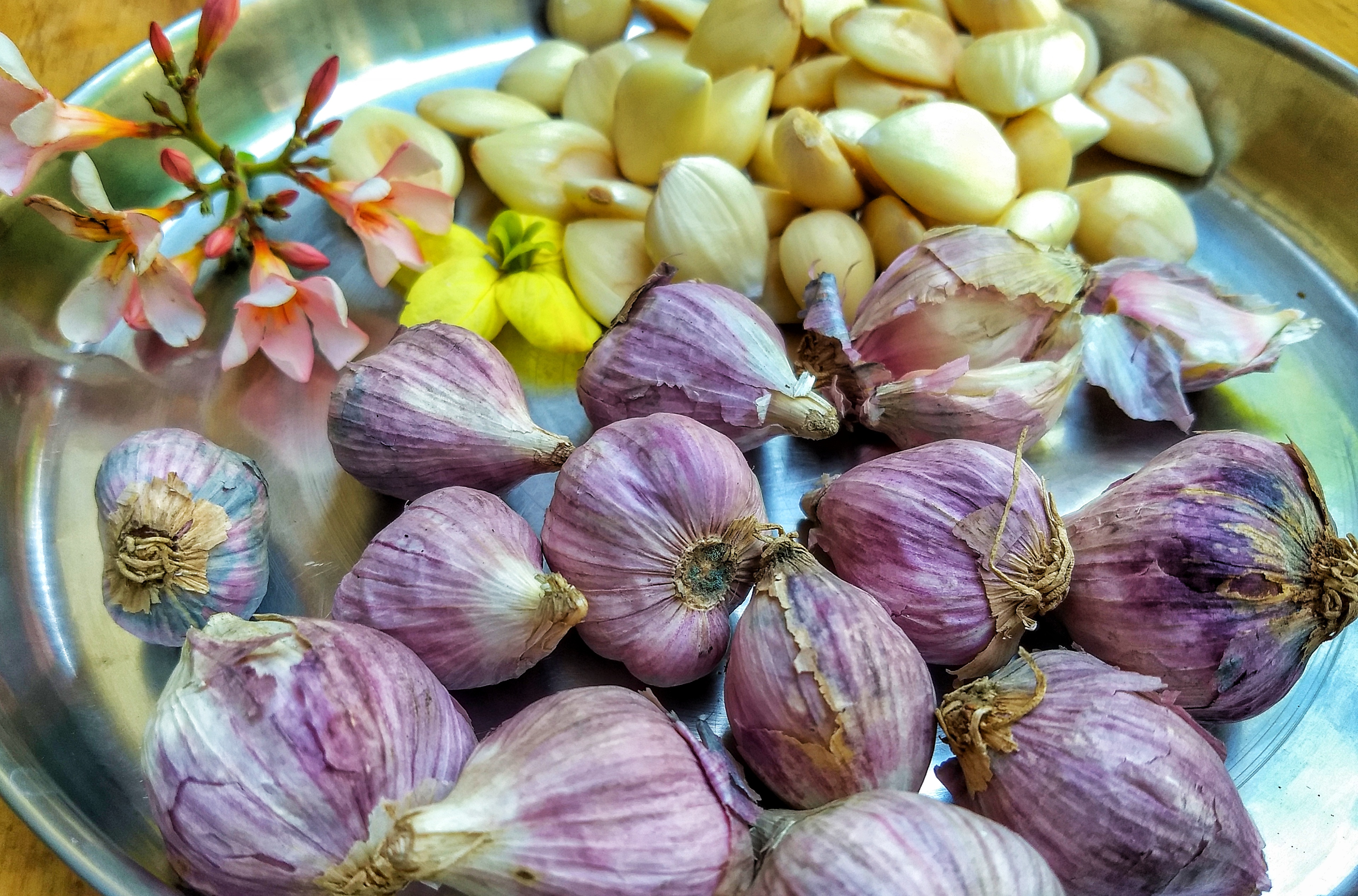
Jojoba oil, a golden liquid wax extracted from the seeds of the jojoba plant, has been a cornerstone in beauty and wellness routines for centuries. Its unique composition and therapeutic properties make it a versatile remedy for a myriad of concerns, from skin conditions like eczema and psoriasis to hair health and overall skin hydration. In this comprehensive guide, we will delve into the multifaceted benefits of jojoba oil and how to incorporate it into your daily regimen.
Jojoba Oil: A Nutritional Powerhouse
Jojoba oil is a treasure trove of essential nutrients that contribute to its therapeutic properties. It is rich in Vitamin E, a potent antioxidant that protects the skin from oxidative stress and premature aging. It also contains fatty acids that nourish and moisturize the skin and hair, and Vitamin B complex, which helps improve skin condition and hair growth. These nutrients work synergistically to provide a comprehensive solution for various skin and hair concerns, making jojoba oil a must-have in your beauty regimen.
Jojoba Oil for Skin: A Natural Elixir
Jojoba oil is a natural elixir for the skin. Its composition closely resembles the skin’s natural sebum, allowing it to absorb easily and provide deep hydration. It is suitable for all skin types, including oily and sensitive skin, and can help manage skin conditions like eczema and psoriasis. Regular use of jojoba oil can help you achieve a smoother and more radiant complexion.
Jojoba oil is also a boon for those looking to combat signs of aging. It is rich in antioxidants that fight free radicals and slow down the aging process. It can help reduce the appearance of fine lines and wrinkles, giving your skin a youthful glow.
Jojoba Oil for Hair: A Natural Conditioner
Jojoba oil is a natural conditioner that can nourish the scalp, reduce hair fall, and add shine to the hair. It can also promote hair growth by unclogging hair follicles and reducing scalp inflammation. Regular use of jojoba oil can transform your hair, making it healthier and more vibrant.
Jojoba oil can also help combat dandruff and dry scalp. It moisturizes the scalp, balances oil production, and helps maintain a healthy scalp environment. This can help reduce dandruff and promote healthier hair.
Jojoba Oil for Specific Skin Conditions: Eczema, Psoriasis, and Rosacea
Jojoba oil’s anti-inflammatory and emollient properties make it an effective remedy for skin conditions like eczema, psoriasis, and rosacea. It can help soothe inflammation, reduce itching, and moisturize dry, flaky skin. Regular application of jojoba oil can help manage these conditions, providing relief from discomfort and improving skin health.
Jojoba Oil for Other Uses: Nails, Lips, and Sunburn
Jojoba oil is not just for skin and hair. It can also be used to moisturize the lips, strengthen the nails, and soothe sunburn. Its rich nutritional profile and therapeutic properties make it a versatile remedy for various concerns.
Jojoba oil can be used as a lip balm to moisturize and protect the lips. It can also be used as a cuticle oil to strengthen the nails and soften the cuticles. If you have sunburn, jojoba oil can help soothe the skin and speed up the healing process.
The Best Jojoba Oil: Organic Cold-Pressed Jojoba Oil
When it comes to choosing the best jojoba oil, opt for organic cold-pressed jojoba oil. This oil is free from harmful pesticides and chemicals, making it safe and beneficial for all skin types. It retains its nutritional content, making it more effective in nourishing the skin and hair. It can soothe inflammation, moisturize the skin, promote hair health, and provide relief from various skin conditions.
Conclusion
Jojoba oil is a versatile and potent elixir that can address a myriad of skin and hair concerns. Whether you’re dealing with skin conditions like eczema, psoriasis, and rosacea, looking to improve your complexion, or seeking a natural conditioner for your hair, jojoba oil can be your go-to solution. Its rich nutritional profile and therapeutic properties make it a must-have in your beauty regimen. Embrace the wonders of jojoba oil and let it transform your beauty routine.
Frequently Asked Questions
1. Can I use jojoba oil every day? Yes, jojoba oil is gentle and safe enough to be used daily. It’s non-comedogenic, meaning it won’t clog your pores, and it’s suitable for all skin types.
2. Can jojoba oil cause skin breakouts? Jojoba oil is non-comedogenic and should not cause breakouts. However, everyone’s skin is different, and it’s always a good idea to patch test a new product before applying it to your entire face.
3. Can I apply jojoba oil directly to my skin? Yes, jojoba oil can be applied directly to the skin. It’s often used as a moisturizer, makeup remover, lip balm, and even a cuticle oil.
4. Can jojoba oil help with hair growth? While there’s no definitive scientific evidence that jojoba oil directly promotes hair growth, it does nourish the hair follicles and scalp, creating an optimal environment for hair growth.
5. Is jojoba oil safe for sensitive skin? Yes, jojoba oil is typically safe for sensitive skin. It’s hypoallergenic and non-irritating. However, if you have sensitive skin, it’s always a good idea to do a patch test first.
6. Can I use jojoba oil if I have oily skin? Yes, jojoba oil can be beneficial for oily skin. It can help regulate sebum production, preventing the overproduction of oil that can lead to breakouts.
7. Can jojoba oil help with eczema and psoriasis? Jojoba oil has anti-inflammatory properties that can help soothe the skin and reduce symptoms of eczema and psoriasis. It also helps to moisturize the skin, which is beneficial for these conditions.
8. Can I use jojoba oil on my lips? Yes, jojoba oil can be used as a natural lip balm. It helps to moisturize and protect the lips.
9. Can I use jojoba oil on my nails? Yes, jojoba oil can be used to strengthen the nails and soften the cuticles. It’s often used as a natural cuticle oil.
10. Can jojoba oil help with sunburn? Yes, jojoba oil can help soothe the skin and speed up the healing process after a sunburn. It’s rich in Vitamin E, which is known for its skin-healing properties.
Blog Tags
Jojoba Oil, Natural Skincare, Organic Beauty, Hair Care, Eczema Relief, Psoriasis Treatment, Rosacea, Anti-Aging, Skin Hydration, Hair Growth, Lip Care, Nail Care, Sunburn Relief, Organic Cold-Pressed Jojoba Oil, Beauty Regimen, Skin Health, Hair Health.











